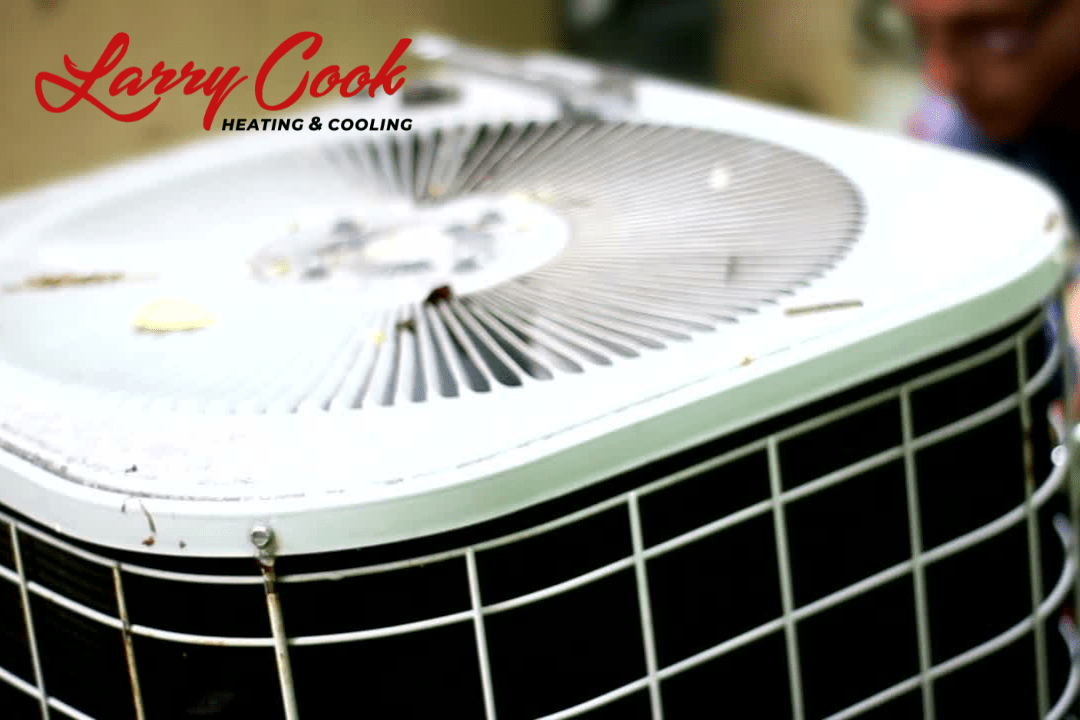Ductless mini split HVAC systems are a great heating and cooling option! One of the key advantages of ductless mini split systems is that they can be used nearly anywhere with their small size and flexibility for zoning and controlling the climate in individual rooms. At Larry Cook Heating and Cooling, we have installed many ductless mini split systems for our customers. We offer a variety of installation options.
Mini split hvac systems are installed in both residential homes and commercial spaces. They are a popular option for individuals who are adding on to their home or business. In fact, ductless mini split hvac systems are an excellent option for spaces such as, mother-in-law suites, garages, pool houses, and man caves.
Ductless mini split systems heat and cool with great efficiency. They are incredibly energy efficient because they simply transport air. When in cooling mode, a ductless mini split air conditioner pumps heat from indoors to outdoors, and in heating mode it pumps air from outdoors to indoors. Similar to a traditional central air conditioning system, mini split hvac systems have two key components – an indoor handling unit and an outdoor condenser that contains a compressor. They work by taking the air from a room through the indoor handling unit, and then the air moves to the outdoor condenser where it is ultimately brought into contact with coils containing coolant. When the hot air comes into contact with the coils, the coolant liquid turns to gas and then this gas travels to the condenser (which is contained in the outdoor condenser), where with electricity, the coolant turns back into a liquid. Then, cool air travels to the air handler to be disbursed throughout the room. Are mini splits good for heating? Yes. When ductless mini split hvac systems are heating, a reverse valve turns the flow of refrigerant around so that hot air is disbursed instead of cool air.
Continue reading to learn more about the pros and cons of mini split hvac systems.
The Pros of Mini Split HVAC Systems
Mini split vs central air? Below are the many pros of mini split hvac systems:
- Mini split systems are small in size, so it’s easy to find a great place to install the systems.
- Indoor air handlers can be hung from a ceiling, mounted flush into a drop ceiling, or hung on a wall. There are many design options, as well.
- Mini split systems offer zoning flexibility. For example, depending on the mini split system you select, you could have four indoor handling units with one outdoor unit, and zone each space to your preference.
- Mini split units can be zoned, each with its own thermostat. This makes it really easy to save money on energy bills because if the space isn’t being used, you don’t need to cool or heat it.
- In general, mini split hvac systems are easier to install than central heating and air conditioning systems.
- Mini split systems don’t require ductwork. According to the Energy Saver, ductwork losses can account for more than 30% of energy consumption for heating and cooling, especially if ductwork is in an unconditioned space like an attic.
- Compared with window units, mini splits are a safer option. This is because mini split hvac systems generally only require a 3-inch hole through a wall for the conduit. Whereas, window units have much larger holes making it an easy access point for home intruders.
- Mini split systems, such as LG, contain auto-cleaning features to prevent bacteria and mold from forming on the heat exchanger. Also, the LG system has “comfort sleep” functions for soft-wind, sleep time logic, indirect airflow, and shut off timers.
- Many mini split hvac systems operate quietly, so you don’t have to hear unnecessary noise.
The Cons of Mini Split HVAC Systems
- For the most part, ductless mini split HVAC systems are visible. Some people don’t like being able to see the mini split system, and therefore prefer a central HVAC system with ductwork.
- Depending on your preferences, mini split systems can be more expensive than a traditional central air conditioning and furnace system. The cost of mini split system is best determined by asking a local HVAC professional.
- Incorrectly located, undersized or over-sized mini split systems can result in wasted energy. Of course, this is true of a traditional central air conditioning and furnace system as well. It’s extremely important that HVAC systems are sized properly.
Are Mini Split Systems Worth It?
Mini split systems are a great option for many of our customers. Sometimes customers ask our opinion on the best mini split systems, and the answer depends on the particular needs of each customer. However, we often recommend LG as it is one of the best mini split brands.
We offer a variety of mini split systems and free personalized estimates. Contact Larry Cook Heating and Cooling of Wichita at (316) 322-5668 to discuss whether a mini split hvac system is right for you!




